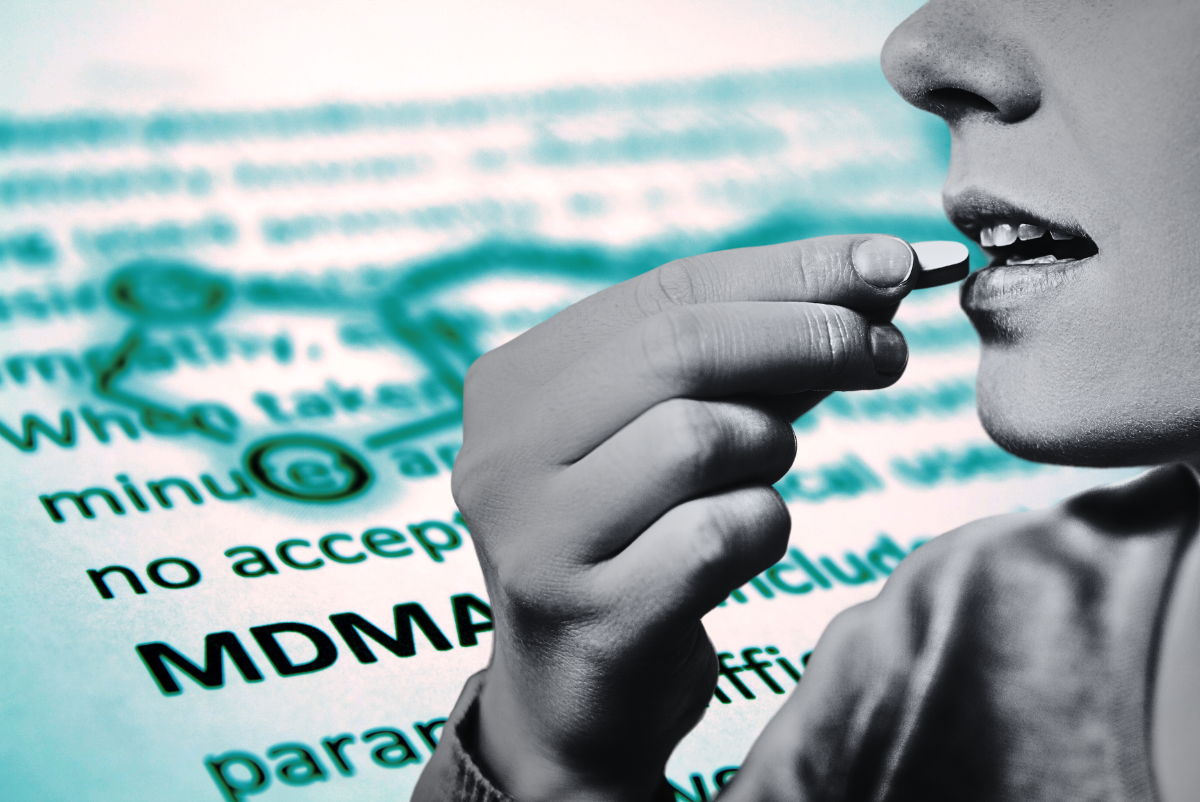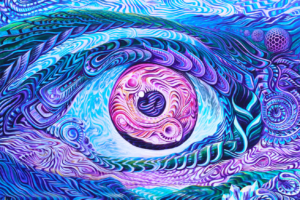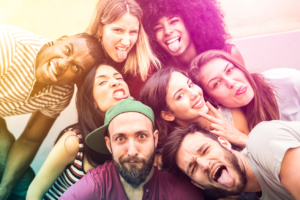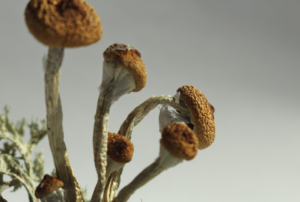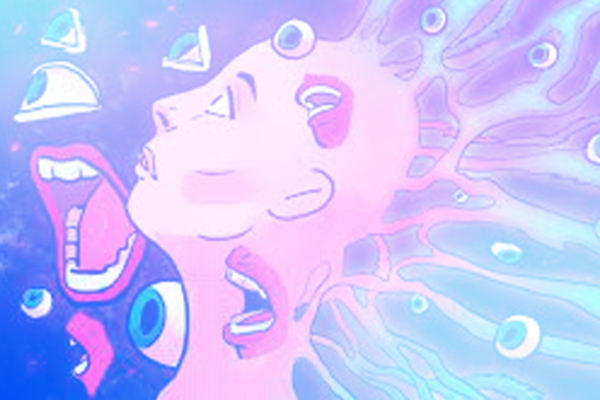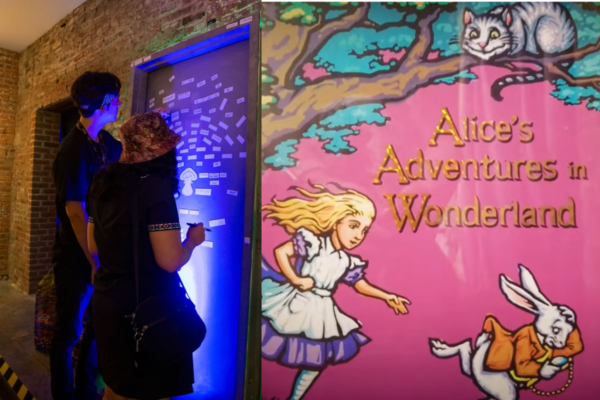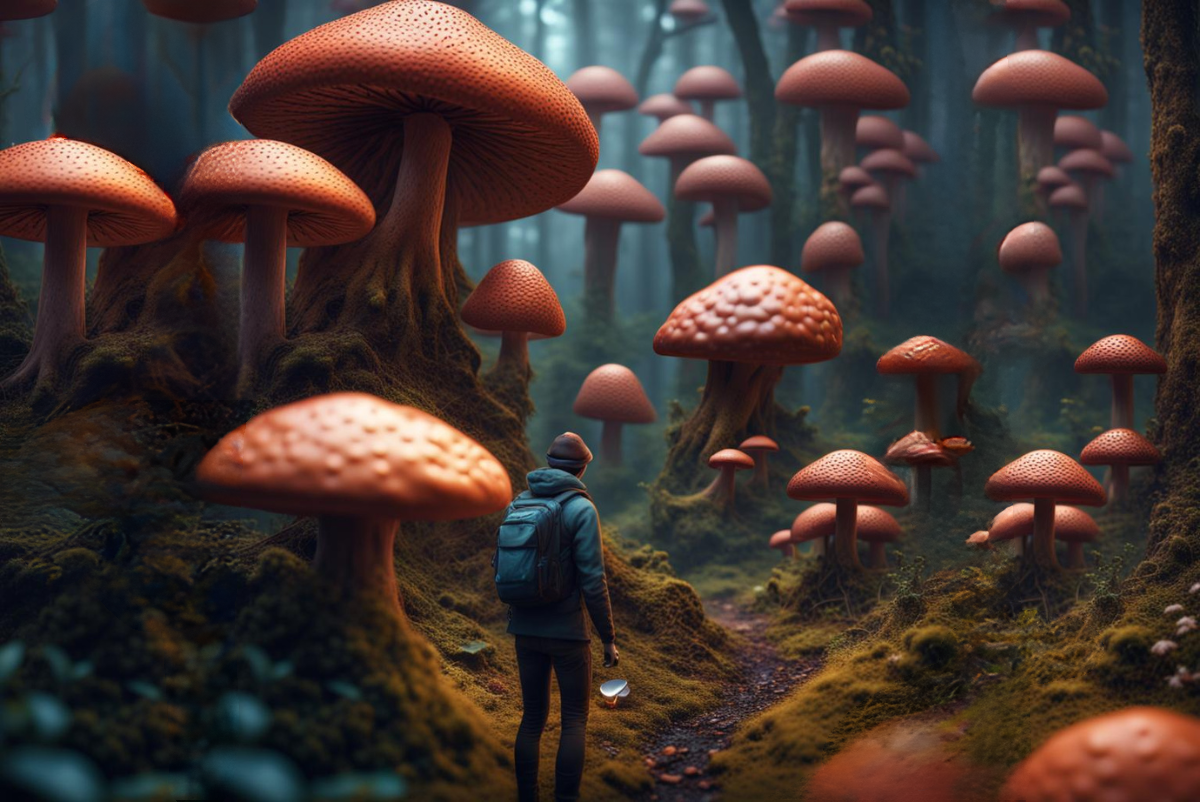
Psilocybin doesn’t require a clinical environment or a therapist to be incredibly effective.
The largest prospective survey of naturalistic psilocybin use to date found that the participants reported persisting reductions in anxiety, depression, and alcohol misuse, increased cognitive flexibility, emotion regulation, spiritual well-being, and extraversion, as well as reduced neuroticism and burnout.
The study results were published in journal Frontiers in Psychiatry in September after a two-year period of collecting responses from individuals who were planning on ingesting psilocybin, mainly as dried mushrooms, for “self-exploration” purposes.

Participants, who were mostly U.S.-based, college-educated white men with previous psychedelic experiences, completed five surveys: two weeks before their trip, one day before, one to three days after, two to four weeks after, and two to three months after.
But not everyone who responded to the initial survey stuck around to complete them all.
2,833 respondents completed all baseline assessments approximately two weeks before psilocybin use, while 1,182 completed the post-use survey two to four weeks later, and then only 657 completed the final follow-up survey two to three months after their psilocybin experience.
Overall, researchers found that the mostly positive experiences and benefits reported further supports psilocybin’s potential to produce lasting improvements in mental health symptoms and general well-being.
Not everyone had a positive experience, though.
Study authors noted a minority of the participants reported “persisting negative effects” after the psilocybin trip, with 11 percent experiencing mood fluctuations and depressive symptoms two to four weeks afterwards, and seven percent at two to three months later.
That minority led authors to conclude with a cautionary note: “Though the findings reported here are generally positive in nature, questions remain about for whom such use may pose unnecessary risks, mechanisms underlying the persisting changes observed, and in what ways psilocybin’s unique profile of pharmacological effects may be optimally harnessed in clinical or other settings, presenting critical directions for future investigation.”
The positive feedback from naturalistic psilocybin users only strengthens the case for decriminalization, which would at least allow people to freely consume this type of psychedelic medicine, as humans have done for thousands of years, without legal consequences, which have stigmatized psilocybin for decades.
A handful of cities across the country have passed decriminalization measures — most recently, Portland, Maine — while Oregon and Colorado became the first states to do so in recent years. California seemed poised to become the third state to decriminalize psilocybin and other naturally occurring psychedelics, however, Governor Gavin Newsom vetoed a decriminalization bill over the weekend, citing lack of regulation measures to accompany the shift.
Despite his refusal to sign the bill into law, he did encourage legislators “to send me legislation next year that includes therapeutic guidelines,” and stated, “This is an exciting frontier and California will be on the front-end of leading it.”
